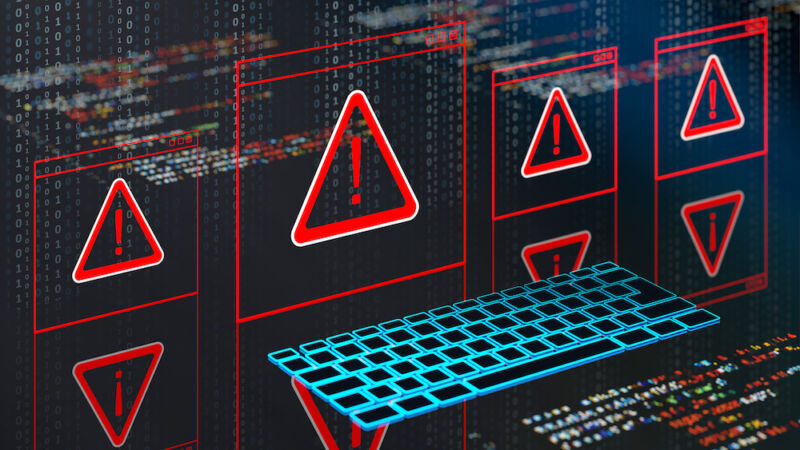- Регистрация
- 17 Февраль 2018
- Сообщения
- 22 708
- Лучшие ответы
- 0
- Баллы
- 2 093
Offline

Enlarge (credit: Getty Images)
A supply chain failure that compromises Secure Boot protections on computing devices from across the device-making industry extends to a much larger number of models than previously known, including those used in ATMs, point-of-sale terminals, and voting machines.
The debacle was the result of non-production test platform keys used in hundreds of device models for more than a decade. These cryptographic keys form the root-of-trust anchor between the hardware device and the firmware that runs on it. The test production keys—stamped with phrases such as “DO NOT TRUST” in the certificates—were never intended to be used in production systems. A who's-who list of device makers—including Acer, Dell, Gigabyte, Intel, Supermicro, Aopen, Foremelife, Fujitsu, HP, and Lenovo—used them anyway.
Medical devices, gaming consoles, ATMs, POS terminals
Platform keys provide the root-of-trust anchor in the form of a cryptographic key embedded into the system firmware. They establish the trust between the platform hardware and the firmware that runs on it. This, in turn, provides the foundation for Secure Boot, an industry standard for cryptographically enforcing security in the pre-boot environment of a device. Built into the UEFI (Unified Extensible Firmware Interface), Secure Boot uses public-key cryptography to block the loading of any code that isn’t signed with a pre-approved digital signature.
Read 9 remaining paragraphs | Comments
